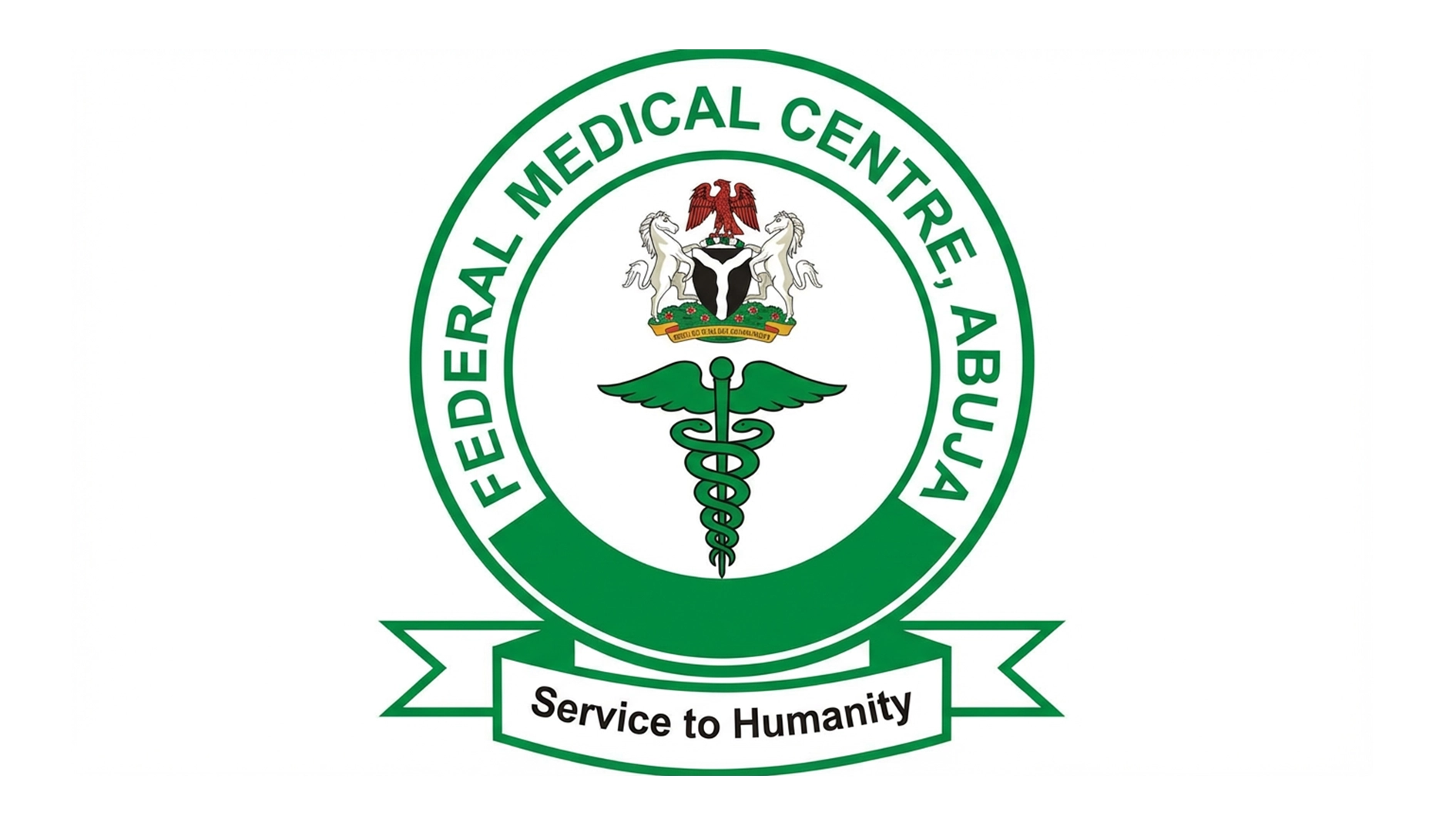The Association of Radiation and Clinical Oncologists of Nigeria (ARCON) has reaffirmed its commitment to ensuring that the fight against cancer in Nigeria goes beyond technicalities to incorporate compassion, inclusivity, and people-focused approaches.
This was stressed by ARCON President, Dr. Nwamaka Lasebikan, during the opening ceremony of the association’s 2025 Annual Conference in Port Harcourt.
The conference, themed “Innovating through Collaboration: Cultivating a Resilient Nigerian Oncology Ecosystem,” brought together professionals, researchers, policymakers, and advocates to shape the future of cancer care in Nigeria and beyond.
Dr. Lasebikan noted that the gathering was a testament to the association’s collective resilience, vision for excellence, and shared commitment to transforming cancer care.
Dr. Lasebikan said that ARCON’s approach to cancer care is deeply human-centred, recognising that every policy, research initiative, and capacity-building program must ultimately translate to lives saved, suffering alleviated, and equity achieved.
She said: “The association has amplified the voices of patients, families, and communities, ensuring that the fight against cancer in Nigeria is not only technical but also compassionate, inclusive, and people-focused.”
Also, the Chairman of the Board of Trustees of ARCON, Professor Francis Durosinmi-Eti, while speaking to newsmen, stressed the need for increased government support for cancer patients in the country.
According to him, managing cancer is a significant challenge that affects not only the patient but also their family, and the cost of treatment is often prohibitively expensive.
Professor Durosinmi-Eti explained that the cost of cancer treatment is a major concern for patients and their families.
“A single injection can cost over a million naira, and patients have to take it periodically. This financial burden can be overwhelming for many families, and the association is calling for more support from the government and the public,” he said.
He, however, acknowledged the government’s efforts to provide funds for cancer treatment but said that more needs to be done.
“Whatever activity they’re doing, whatever money they’re giving, is still not sufficient to cope with the number of cancer patients we have.
“The association is calling for increased funding for cancer care, particularly through the National Health Insurance Scheme, which currently allocates a minimal percentage to cancer treatment,” he added.
For Dr. Olusegun Biyi-Olutunde, a clinical oncologist and Chairman of the Local Organising Committee (LOC) of the conference, who noted that with only slightly over 100 clinical oncologists in Nigeria, the association is working tirelessly to improve access to cancer care, make it more equitable, and reduce the financial burden on patients.
He sounded the alarm on the dire state of cancer care in the country, citing late presentation, inadequate treatment centres, and high costs as major obstacles to effective care.
According to Biyi-Olutunde, late presentation is a significant challenge in cancer care, saying: “A lot of people need to understand what cancer is; it’s not a disease you bring upon yourself, it just happens, and it’s a disease that can be treated early.”
Dr. Olusegun stressed that cancer is only curable in the early stages, and late presentation is a major contributor to the high mortality rate.
The conference featured a rich lineup of plenaries, symposia, and collaborative sessions, including sessions on AI in Oncology, Oncology as an Enterprise, and the intersection of climate change and cancer.
Dr. Lasebikan urged participants to engage with boldness, share with openness, and leave with renewed commitment to redefining what is possible in cancer care in Nigeria and across the continent.






